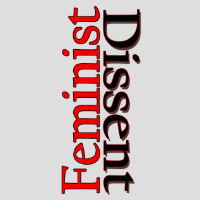Binary Framings, Islam and Struggle for Women’s Empowerment in Bangladesh
DOI:
https://doi.org/10.31273/fd.n3.2018.294Abstract
In this paper, I investigate how binary framings of women’s identity have influenced struggles for women’s rights and the interpretations of the relationship between Islam and women’s empowerment in Bangladesh. These binary framings position women at opposite ends by diving them between ‘Muslim/religious/ moral/ authentic/ traditional’ or ‘Bengali/secular/ immoral/ Westernized/ modern’. I trace the particular genealogies of these binary constructs which emerged during specific historical junctures and are influenced by the shifts in regional in international politics. Drawing on primary research with women in religious political parties and women’s movement actors and newspaper reports, I provide an account of how binary framings have been used by the Islamist actors and the counter framings used by the feminists to make claims over the state. I show how these framings have influenced the politics of representation of gender equality concerns, and and reflect on what this means for possibilities of women’s empowerment and strategies for resistance
Downloads

Downloads
Published
Issue
Section
License
Authors who publish with this journal agree to the following terms:
- Authors retain copyright and grant the journal right of first publication with the work simultaneously licensed under a Creative Commons Attribution Non-Commercial Share Alike License that allows others to share the work with an acknowledgement of the work's authorship and initial publication in this journal, providing it is not used for commercial purposes and any derivative work is shared with the same license.
- Authors are able to enter into separate, additional contractual arrangements for the non-exclusive distribution of the journal's published version of the work (e.g., post it to an institutional repository or publish it in a book), with an acknowledgement of its initial publication in this journal.
- Authors are permitted and encouraged to post their work online (e.g., in institutional repositories or on their website) prior to and during the submission process, as it can lead to productive exchanges, as well as earlier and greater citation of published work (See The Effect of Open Access).
